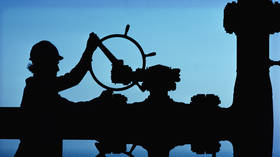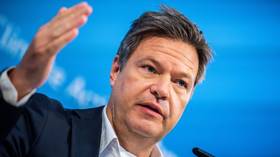EU’s energy war with Russia is not over – IEA

The EU should step up efforts to prepare for the next heating season with effectively no energy supplies from Russia, the head of the International Energy Agency, Fatih Birol, warned in an interview with the Financial Times.
According to Birol, the EU has “moved mountains” and managed to largely avoid a full-blown energy crisis thanks to efforts to secure alternative supplies and mild weather, which allowed gas storages to remain amply filled. However, there is still a risk the bloc's members may be unprepared for next winter.
“Russia played the energy card and it did not win… but it would be too strong to say that Europe has won the energy battle already… being overconfident for next winter is risky and it is time to continue and step up efforts for 2023,” he stated.
Birol urged authorities to focus on energy conservation and renewables.
“Some of the achievements made on clean energy and reducing Russia’s revenues are good but it is not a permanent solution. We have had the help of mild weather. We gained some time, which is vital, but there is much more to do.”
The expert warned of two factors that pose major risks for the region’s energy security. Firstly, Russia may cut the remaining supplies, some 20% of 2021 levels, which currently flow to the EU via a transit pipeline in Ukraine and through Türkiye.
Secondly, China’s post-Covid-19 reopening may sharpen competition for liquefied natural gas (LNG) supplies, on which Europe has come to rely in the past year. Both situations would make it increasingly difficult to refill storages for the next heating season, which could lead to shortages, especially if next winter proves colder than the current one.
The EU once relied on Russia for nearly half of its energy supplies prior to the conflict in Ukraine, which began nearly a year ago. Gas flows have been gradually dwindling over the past year, however, both due to Western sanctions against Russia and technical obstacles, including the sabotage at Russia’s Nord Stream pipelines in September, rendering them inoperable.
For more stories on economy & finance visit RT's business section













